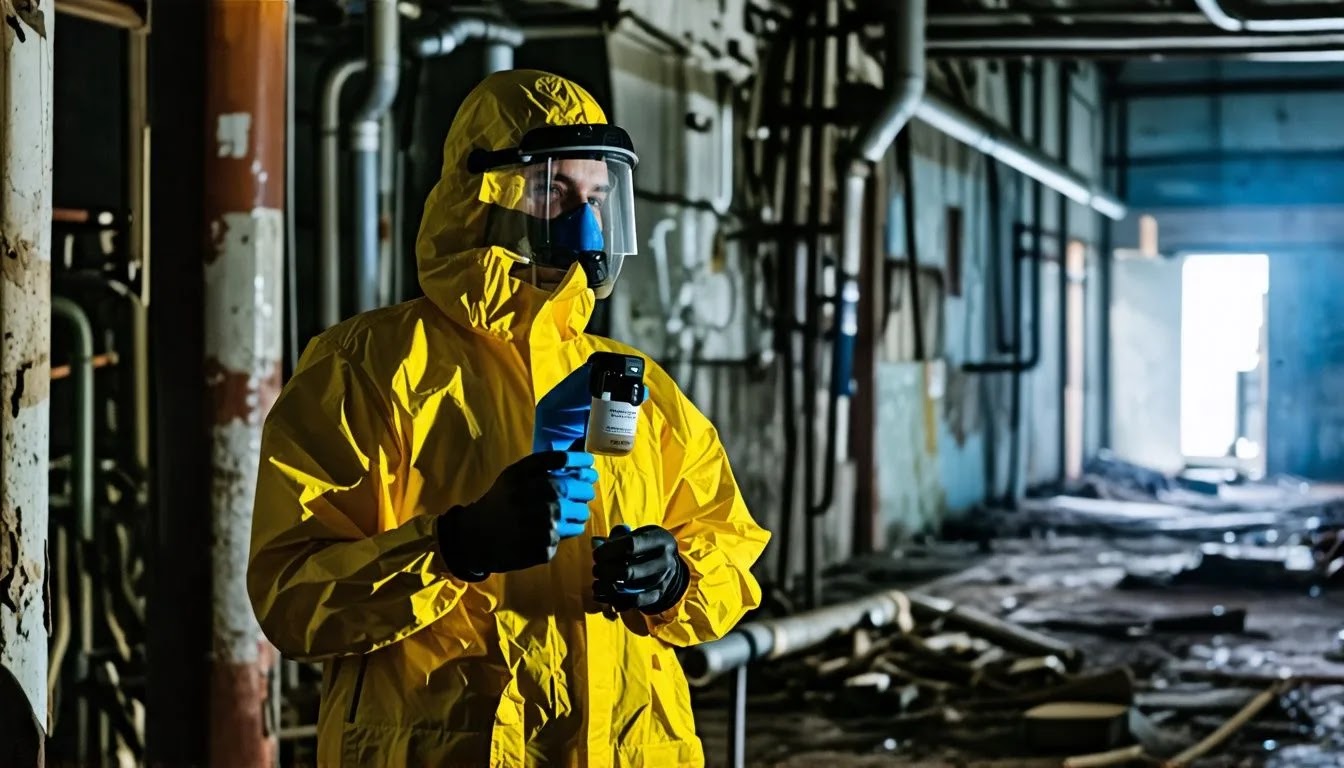Reduce Health Risks with a Certified Asbestos Survey
The
presence of asbestos in residential, commercial, or industrial properties has
long been a health concern. Despite its ban in many countries, asbestos
continues to pose significant health risks wherever it may be present. The best
way to mitigate asbestos survey dangers is
through the implementation of a certified asbestos survey.
This
article explores the benefits of conducting a certified asbestos survey and how
it can significantly reduce the risks to health and safety. We’ll also look at
why this process is essential for property owners, tenants, and anyone working
or living in affected environments.
Understanding
the Need for an Asbestos Survey
Before
elaborating on its benefits, it’s important to understand what a certified
asbestos survey entails. The process involves certified professionals
thoroughly inspecting a building to identify the presence of asbestos. It
includes an assessment of all areas where asbestos-containing materials (ACMs)
might exist, like roofing, insulation, flooring, or cement products. This
report provides essential insights into the condition of the material and its
potential risks.
Ignoring
or underestimating the presence of asbestos can lead to severe consequences.
Statistics show a clear link between asbestos exposure and life-threatening
diseases such as mesothelioma, asbestosis, and lung cancer. According to global
health data, approximately 125 million people worldwide are exposed to asbestos
in occupational settings each year. This danger is not reserved for industrial
spaces; residential areas are just as susceptible.
Benefits
of Conducting a Certified Asbestos Survey
Early
Detection to Prevent Risks
One
of the most significant advantages of an asbestos survey is early detection.
Without an inspection, ACMs can go unnoticed for years, creating a potential
ticking time bomb inside your property. By identifying and quantifying asbestos
early, preventative measures can be taken to minimize exposure.
An
early survey allows you to assess whether asbestos materials are damaged or
deteriorating. Knowing this can significantly reduce health risks and create
safer living and working environments.
Legal
and Regulatory Compliance
Adhering
to local regulations is essential for property owners, landlords, and
businesses. Many jurisdictions mandate an asbestos survey as part of safety
compliance protocols. Conducting a certified asbestos survey ensures that you
meet these legal requirements, thereby avoiding potential fines, lawsuits, or
operational shutdowns.
Remaining
compliant is also vital for your corporate reputation, showing both employees
and the public that your property prioritizes safety and adheres to
regulations.
Enhanced
Property Value
A
property that has undergone a certified asbestos survey and subsequent
mitigation measures carries higher value than one without. The presence of
asbestos (or uncertainty about it) can make properties harder to sell or lease.
A certified survey reassures potential buyers or tenants that the building is
safe, encouraging confidence in their investment.
This
benefit extends to businesses. A workplace certified free from asbestos hazards
provides a safer space for employees, increasing morale and productivity while
attracting clients who place importance on safety and well-being.
Cost
Savings in the Long Term
Addressing
asbestos issues may seem like a costly endeavor initially, but doing so early
can save significant expenses in the long run. Without a proper survey,
undetected asbestos can deteriorate and become a critical issue requiring
expensive remediation and medical costs due to health-related claims.
Identifying
the extent of the problem with a survey allows for planned, cost-effective
action rather than reactive measures. Long-term savings are always preferable
to unexpected emergency expenditures.

Comments
Post a Comment